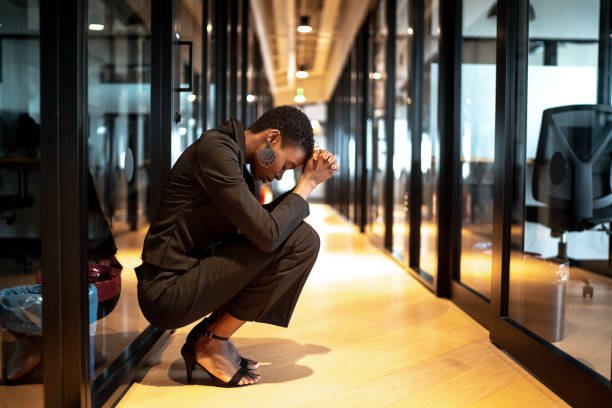How did social welfare in the Philippines evolve into its current form? What moments in history have left an indelible impact on the fabric of Philippine social work? To answer these questions, one needs to explore the country’s unique historical tapestry. With a population of over 113 million and a history marked by various colonial periods, the Philippines presents a compelling case for the study of social welfare evolution. According to the Philippine Association of Social Workers, the field has undergone significant changes over the years, largely influenced by American models during the American colonial period (1898–1946). Indeed, it was this era that introduced formal education and standardisation in social work, making a lasting imprint on the country’s social welfare systems.
In the following sections, we will explore the crucial periods that have shaped social welfare in the Philippines, focusing particularly on the transformative role played by the American colonial era.
In the Philippines’ Social Welfare Evolution, Which Period of Time Contributed Most to the History of Social Work?
In the evolution of social welfare in the Philippines, the American colonial period (1898–1946) stands out as the most influential era for shaping the history of social work in the country. During this time, American colonial authorities introduced formal education in social work, which included principles like casework and group work. They also established social welfare agencies and implemented a range of policies aimed at caring for vulnerable segments of the population, such as children, the elderly, and those with physical or mental impairments. This period laid the foundation for the modern field of social work in the Philippines, including the standardisation of social work practices and educational training, largely modeled after Western systems.
The American Colonial Period: A Pivotal Era for Social Welfare
The American colonial era is especially notable for laying the groundwork for the social work profession in the Philippines. During this period, American colonial authorities introduced formal education in social work, which included the principles of casework and group work. They laid the foundation for structured social welfare programmes by establishing social welfare agencies and implementing policies that focused on the vulnerable segments of the population, such as the elderly, children, and those with physical and mental impairments. According to historians, the American influence played an instrumental role in standardising social work practices and training, which were designed to align with Western models.
The Commonwealth Years: Building Upon Earlier Foundations
Established in 1935, the Commonwealth of the Philippines also played a crucial role in fortifying social welfare programmes. Social work was recognised as a formal field of study and was integrated into the curricula of higher education institutions. This period also saw the integration of social welfare offices into various government agencies, leading to a more streamlined and organised approach to providing welfare services.
Post-Independence Developments: The Evolution Continues
After the Philippines gained independence in 1946, the country continued to evolve and adapt its social welfare system. Building on the foundations laid during the American colonial and Commonwealth periods, the country’s social work field today is a harmonious blend of Western theories and indigenous Filipino cultural values. This unique blend is aimed at serving the diverse and multifaceted needs of the nation’s population.
In summary, although each historical period contributed to shaping the social welfare system in the Philippines, it is evident that the American colonial era had a particularly substantial role in establishing the modern foundations for social work in the country. That said, the evolution of social work and welfare in the Philippines is a dynamic process, continually influenced by its unique history, culture, and socio-political contexts.





